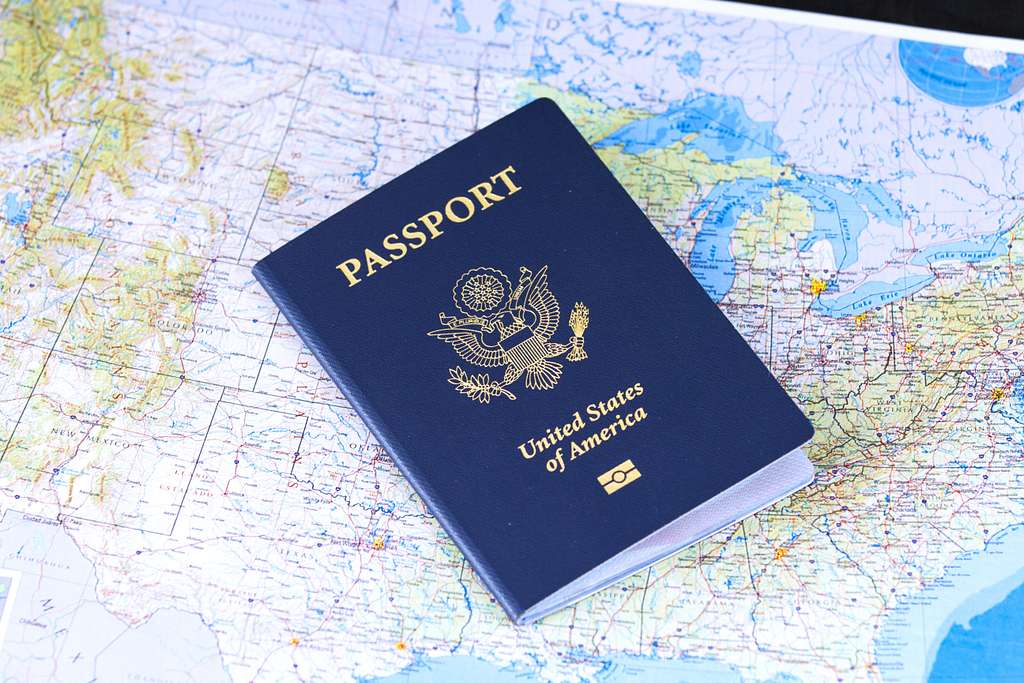The US Embassy in India delivered a clear message on Saturday: staying in America beyond your allowed visa time can get you deported and permanently banned from entering the country again.
“If you remain in the United States beyond your authorized period of stay, you could be deported and could face a permanent ban on traveling to the United States in the future,” the embassy posted on X (formerly Twitter).
This warning carries extra weight as the US tightens its grip on immigration rules. When travelers enter the US, they receive an I-94 form that shows exactly how long they can stay. Even going a day over this date can trigger serious problems.
The stakes are particularly high for visitors who overstay for longer periods:
- Staying beyond 180 days but under a year triggers a three-year ban from entering the US
- Overstaying for more than a year results in a ten-year ban
- Some cases lead to permanent bans, closing the door on future visits, work, or study plans
Similar Posts
These aren’t just empty threats. Once you overstay, your current visa becomes void automatically. Getting any new US visa – whether for tourism, studies, or work – becomes extremely difficult, if not impossible.
Recent numbers from the Department of Homeland Security show why officials are concerned. The total overstay rate for in-scope travelers in FY 2023 was 1.45%, with student and exchange visitor visas showing higher numbers than regular tourist visas.
For those worried about missing their exit date, the embassy points to a solution: contact US Citizenship and Immigration Services (USCIS) right away to explore legal ways to extend your stay.
The timing of this warning aligns with broader changes in US immigration enforcement. Recent USCIS data reveals a 27% drop in H-1B work visa registrations for the coming fiscal year, falling from 470,342 to 343,981 applications. This decline follows a sharp rise in application fees, with H-1B registration costs increasing from $10 to $215 under new regulations by the Biden Administration.
Another recent change affects long-term visitors: all foreign nationals who have spent over 30 days in the US are required to register under the Alien Registration Act. Skipping this registration isn’t just paperwork – it’s a criminal offense that can lead to fines or jail time.
For those planning US trips, the message is crystal clear: know your allowed stay period and stick to it. The consequences of overstaying reach far beyond just having to leave – they can permanently close the door on future opportunities in the United States.


















